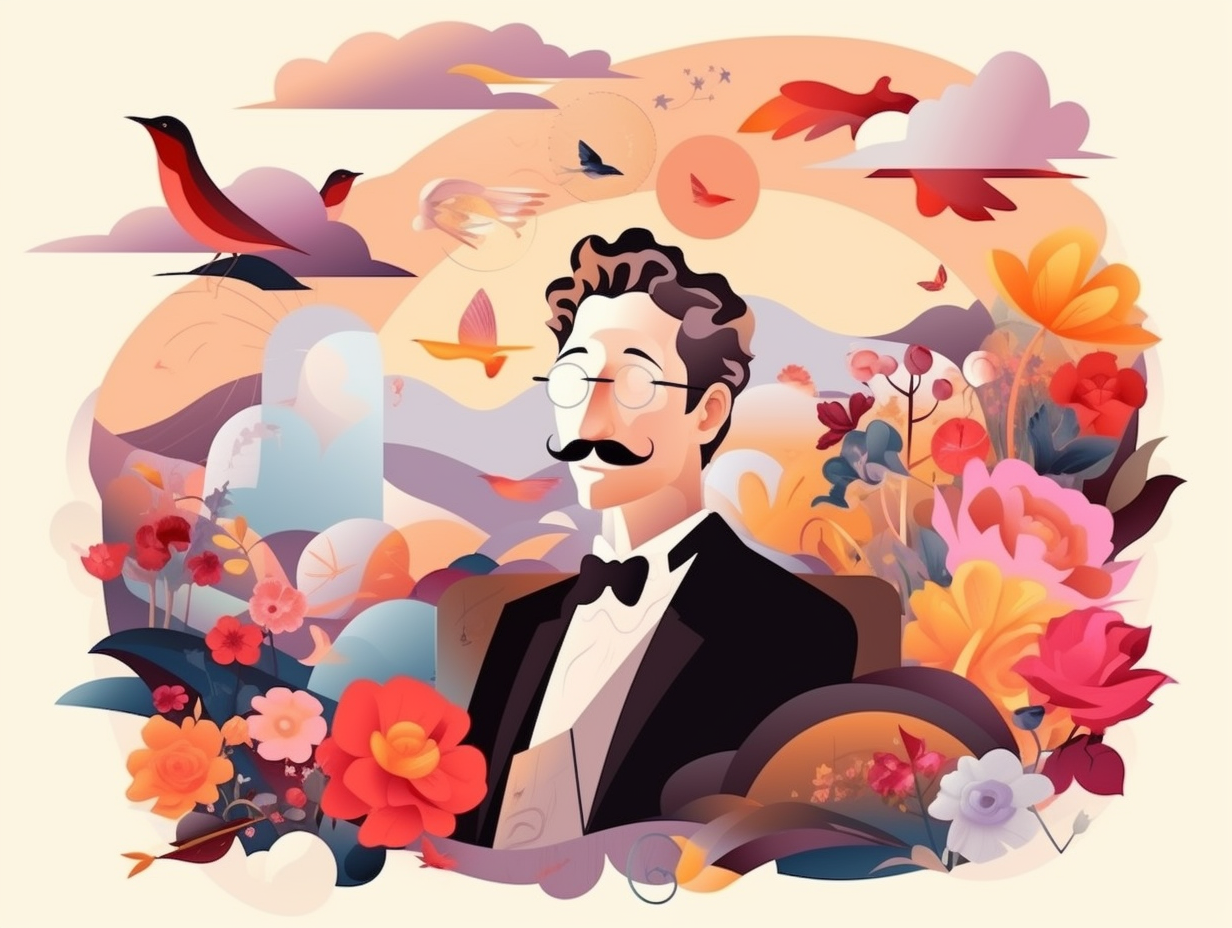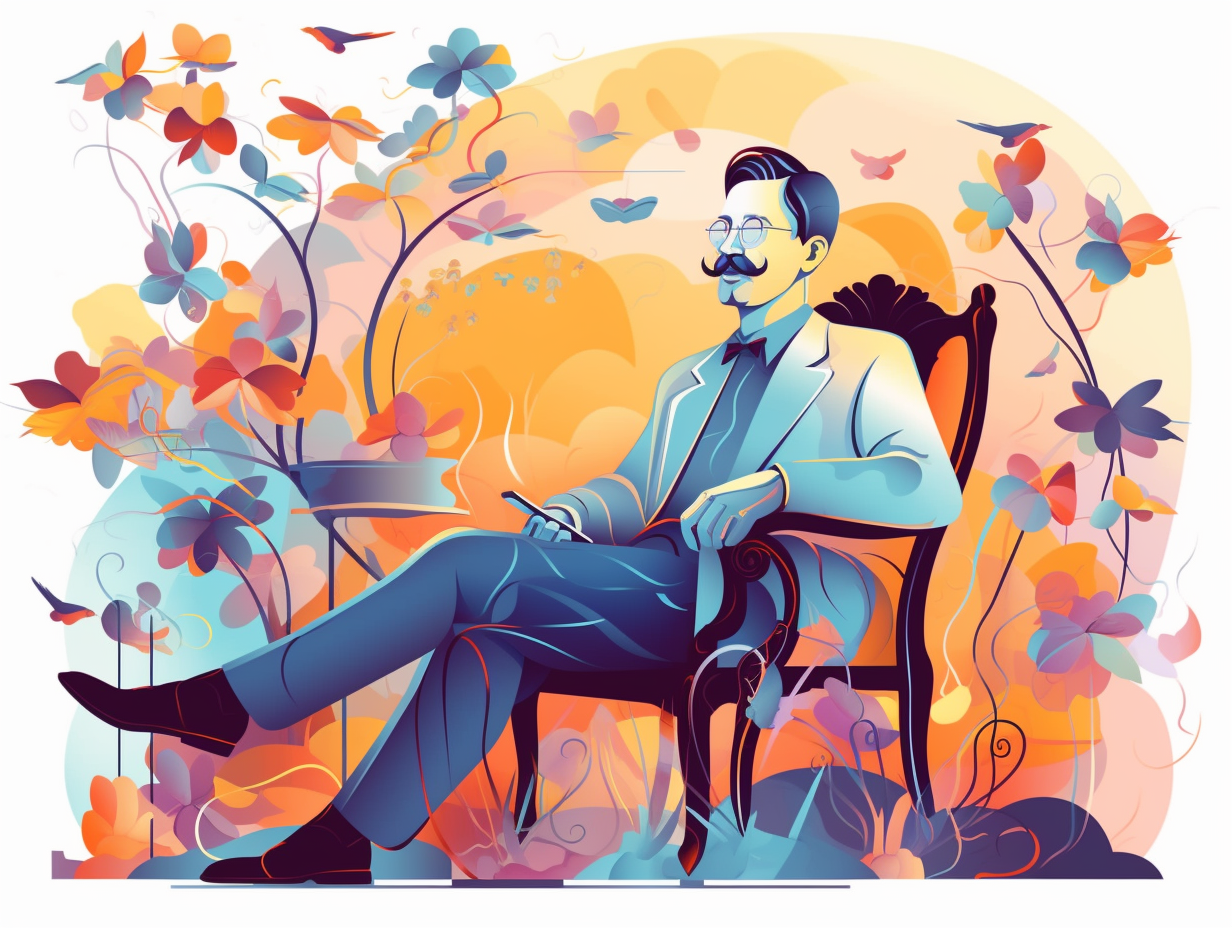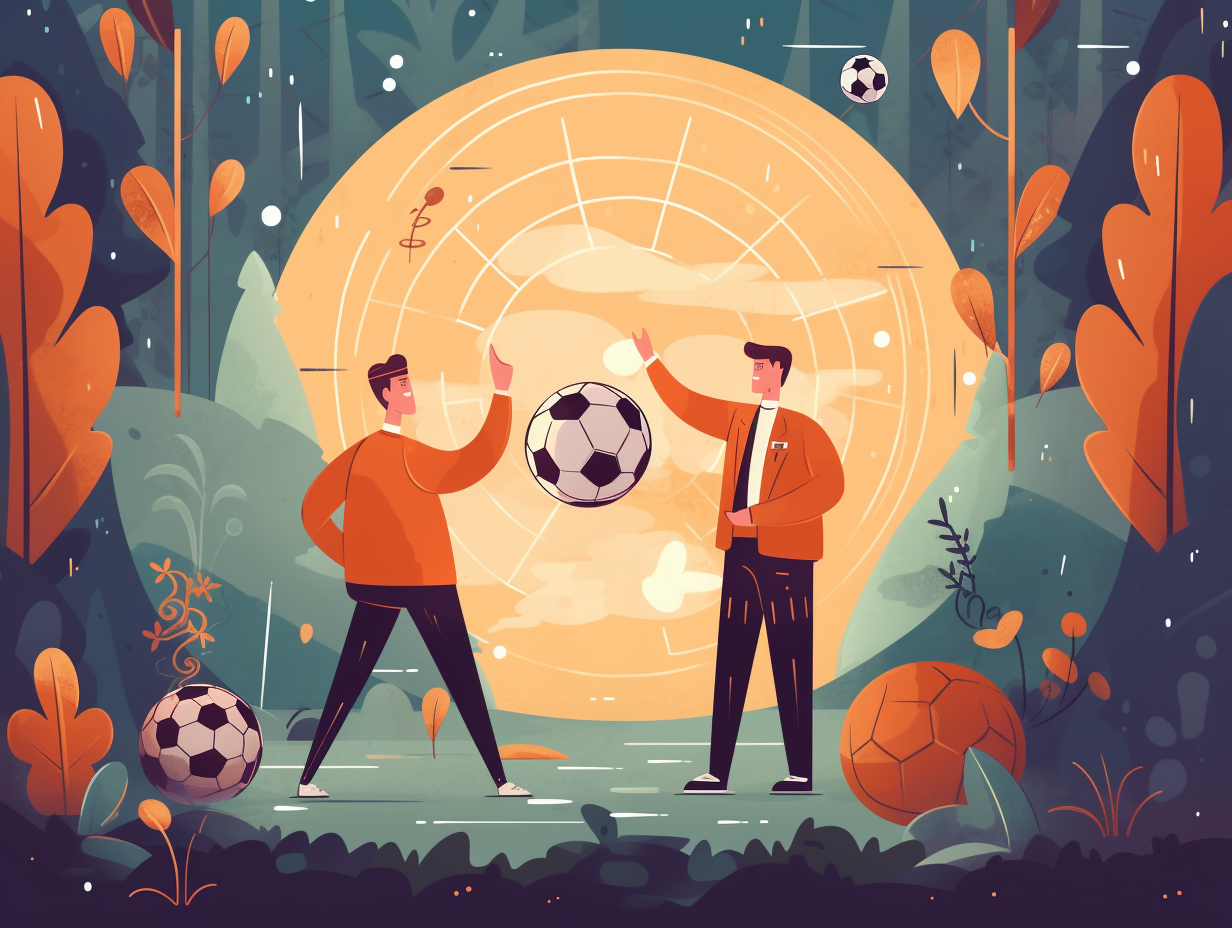Discover the Top 8 Entertaining and Insightful Fun Facts About Abraham Maslow You Never Knew!

1. Self-Actualization Superstars
Say hello to my "self-actualized" friends: Mahatma Gandhi, Viktor Frankl, and Albert Einstein all received prestigious invitations to be studied by Abraham Maslow on his quest to uncover the secrets of a fully-realized life! But here's the not-so-secret truth: Maslow analyzed these pillars of humanity, among others, to understand the characteristics of his famed self-actualized individuals, thus creating his renowned hierarchy of needs and theory of self-actualization.
Source => interaction-design.org
2. Maslow's Brooklyn College Adventures
Once upon a time in a far-off land called Brooklyn College, a superhero named Professor Maslow fought for the knowledge of human potential alongside his trusty sidekicks – Max "The Wertheimer" and Ruth "The Benedict": In reality, from 1937 to 1951, Abraham Maslow served as a faculty member at Brooklyn College, where he was heavily influenced by Max Wertheimer and Ruth Benedict, using their behavior as the foundation for his groundbreaking research and theories on human potential.
Source => verywellmind.com

Discover how Mother Nature doubles as a life coach, using her captivating energy to inspire motivation, interest, and even educational choices! 🍃🐦
=> Fun Facts about Motivation
3. Monkey Business with Maslow
Before there was monkey business in boardrooms, Maslow monkeyed around in labs: Abraham Maslow conducted research with monkeys early in his career, focusing on their behavior and attachment patterns, in collaboration with Harry Harlow. This research significantly influenced Maslow's thoughts on human needs and motivation.
Source => matteofrancescon.com
4. Feline Influence on Hierarchy
As the purr-fessor of hierarchy and personal growth, Abraham Maslow may have taken mewsings from his feline companion when developing his famous theory: Maslow had a cat named Freud who would sit on his desk while he worked, and even emphasized the importance of pets in fulfilling a person's need for love and connection in his hierarchy of needs.
Source => studysmarter.us

5. Maslow and Freud's Psychological Poker
Picture Abraham Maslow and Sigmund Freud in a high-stakes game of psychological poker, where the winner gets to decide the true potential of the human psyche: Well, it turns out that Maslow may have held Freud's cards all along! In a twist of fate, despite his criticism of some of Freud's theories, Maslow acknowledged the importance of Freud's contributions to psychology and even recognized the value of psychoanalysis as a method for understanding the human mind.
Source => gradesfixer.com
6. Jonzey, the Cat Therapist
In a purrfect world where feline companions rule the roost: esteemed psychologist Abraham Maslow had a soft spot for his pet cat Jonzey, who would often accompany him to work, perching regally on his desk as they counseled clients together.
Source => simplypsychology.org
7. Maslow, the Workplace Superhero
Before Abraham Maslow revolutionized psychology, he was moonlighting as a workplace superhero, swooping in to save employees from dull, human-unfriendly work environments: Armed with his trusty book "Eupsychian Management," based on observations from a 1962 California electronics plant, Maslow outlined a framework for self-actualization within industrial organizations, championing the notion that employees aren't just resources, but valuable contributors to a company's success.
Source => en.wikipedia.org
8. Eupsychian Office Transformation
When the workplace feels like an episode of The Office meets The Twilight Zone, things can only get brighter with a touch of eupsychian magic: Abraham Maslow, inspired by his visit to Non-Linear Systems, founded "Eupsychian management" which aimed to create psychologically healthy and fulfilling workplaces, prioritizing creativity, self-actualization, and a less rigid hierarchical structure - taking the office from bland to grand, one psychological concept at a time.
Source => journals.sagepub.com
Related Fun Facts




















